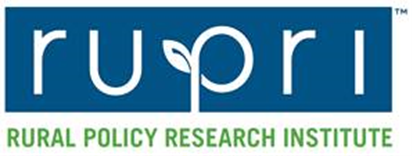As part of the National Institute for Occupational Safety and Health’s (NIOSH) efforts to keep our stakeholders up to date on the CDC and NIOSH coronavirus disease (COVID-19) response, below is a summary of new information posted this week.
Morbidity and Mortality Weekly Report (MMWR)
Healthcare personnel are essential members of the nation’s workforce and are on the frontlines in the fight against COVID-19. As a result, they may also be at increased risk of getting infected by COVID-19. This week, CDC published the first preliminary description of U.S. data on COVID-19 cases in healthcare personnel in Morbidity and Mortality Weekly Report (MMWR). CDC found more than 9,200 healthcare workers have been infected with COVID-19. The report describes data on characteristics among healthcare personnel with confirmed COVID-19 that include age, gender, race and ethnicity, where exposures occurred, symptoms, underlying health conditions, and health outcomes, such as hospitalization and death.
Updated Infection Control Guidance for Healthcare Settings
CDC has updated the national COVID-19 infection control guidance for healthcare settings to include the recommendation that all U.S. healthcare facilities put policies into place requiring everyone entering the facility to practice source control, regardless of symptoms. This recommendation is intended to protect healthcare personnel by reducing their risk for exposure as we continue to learn how COVID-19 spreads, particularly from asymptomatic and presymptomatic people.
Conserving and Extending Respirators for Nonhealthcare Sectors
CDC has released interim guidance that offers strategies to conserve, extend, and respond to shortages in the supply of NIOSH-approved filtering facepiece respirators (FFRs) used in nonhealthcare worksites, such as manufacturing and construction.
Cleaning and Disinfection Guidance for Nonemergency Transport
People who are known or suspected to have COVID-19 may use nonemergency vehicle services, such as passenger vans, accessible vans, and cars, for transportation to receive essential medical care. CDC has published interim guidance for the cleaning and disinfection of these nonemergency transport vehicles.
For more information, please visit the COVID-19 webpage. To stay up to date on new developments, sign up for the COVID-19 newsletter.




